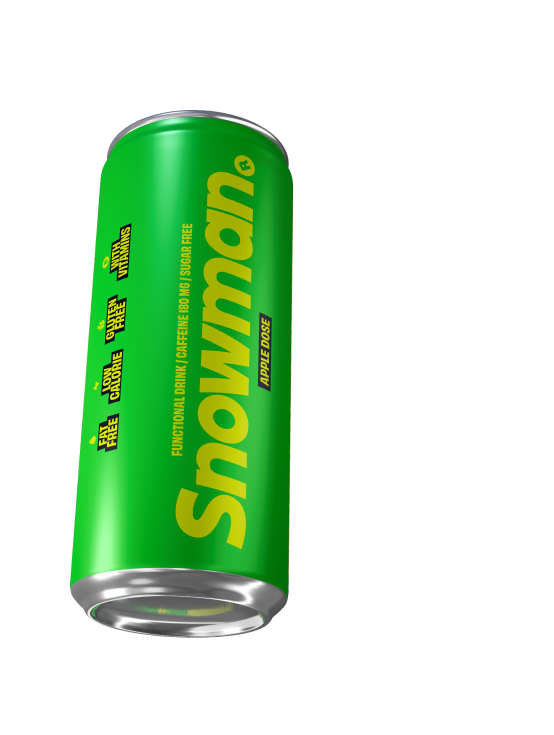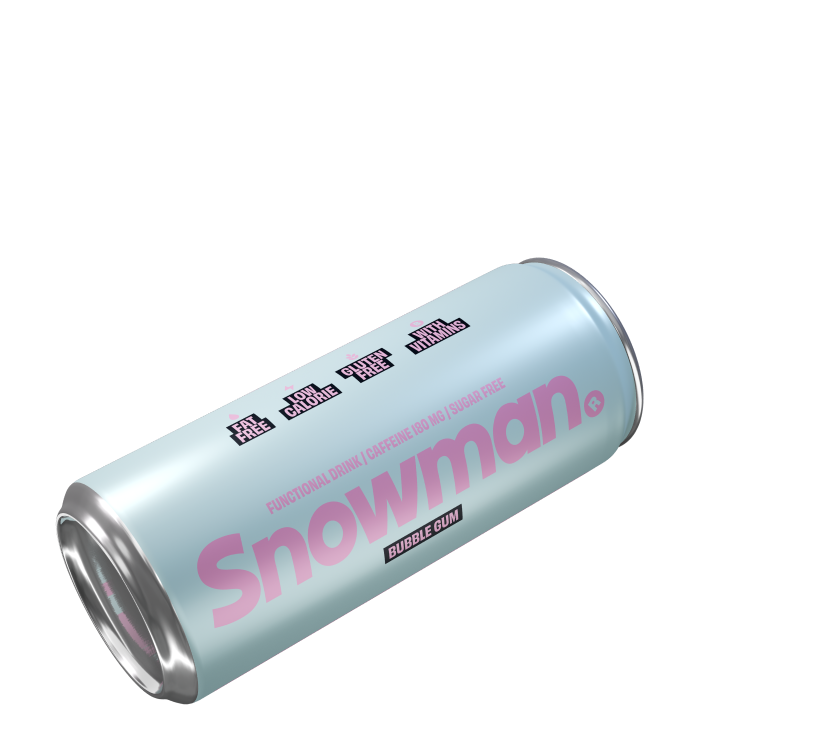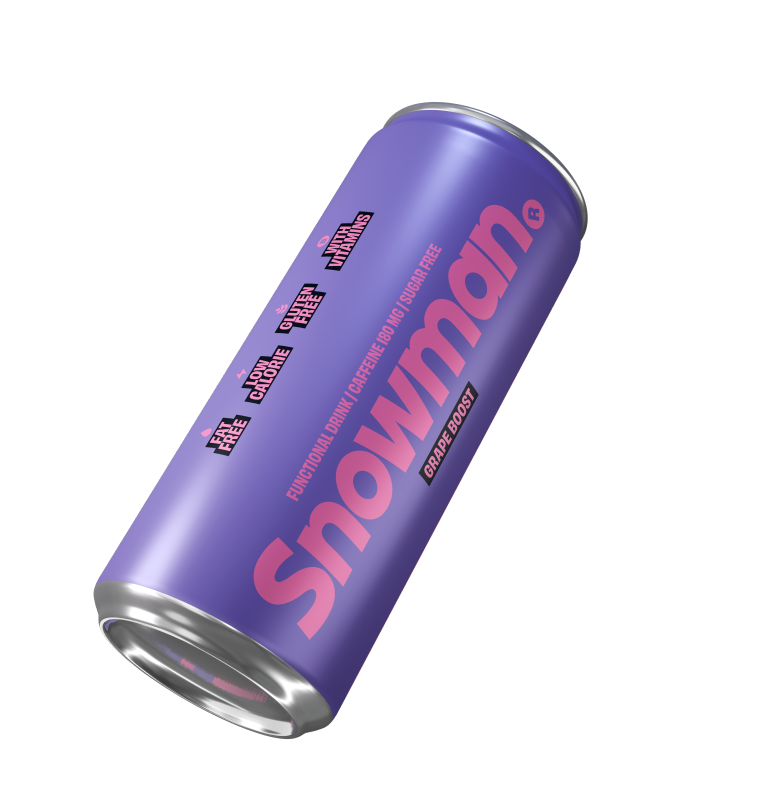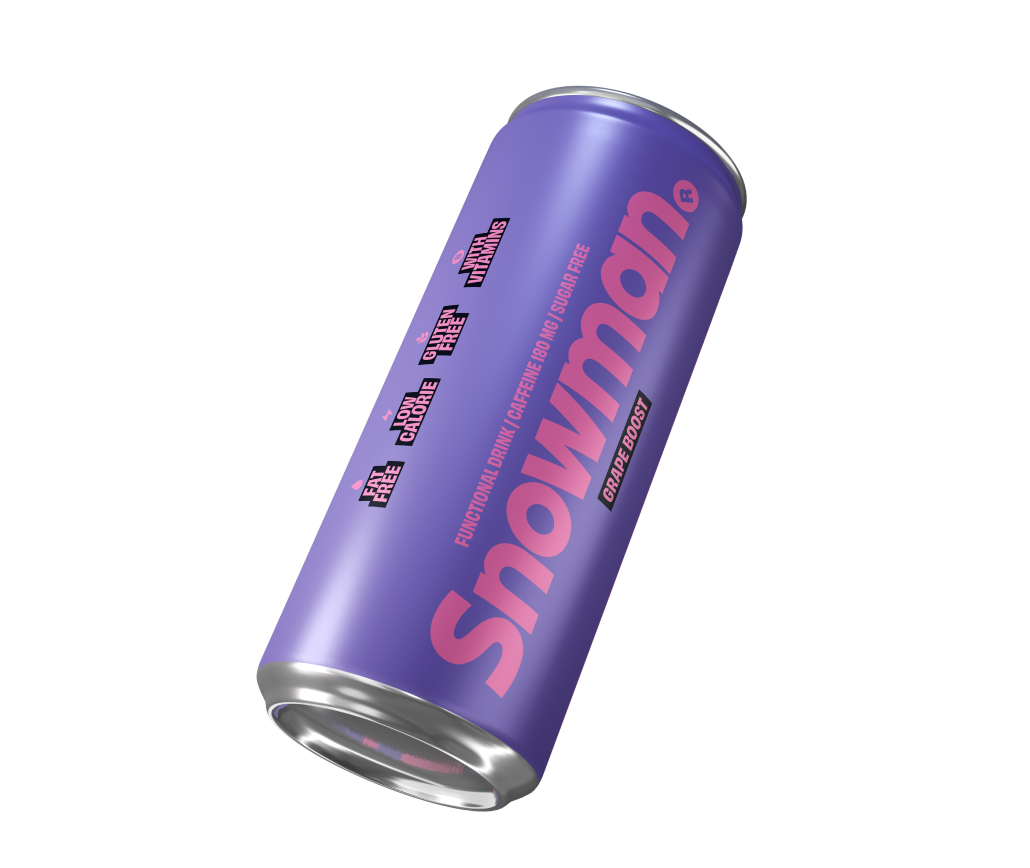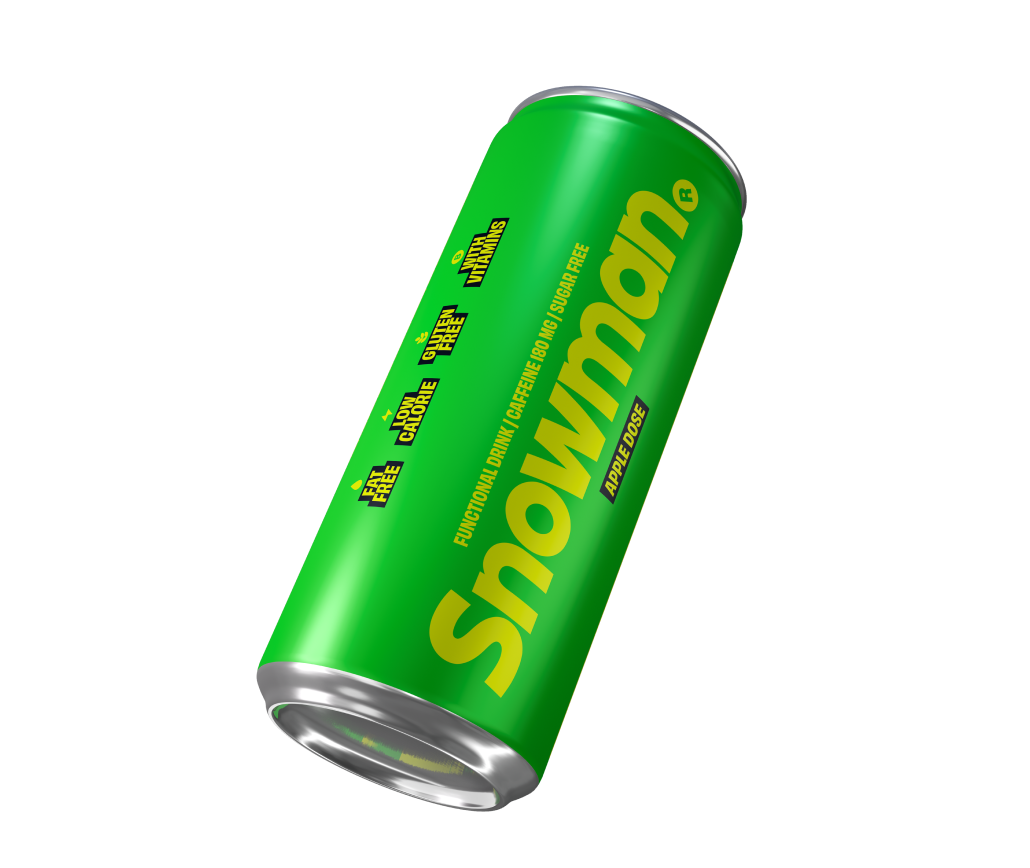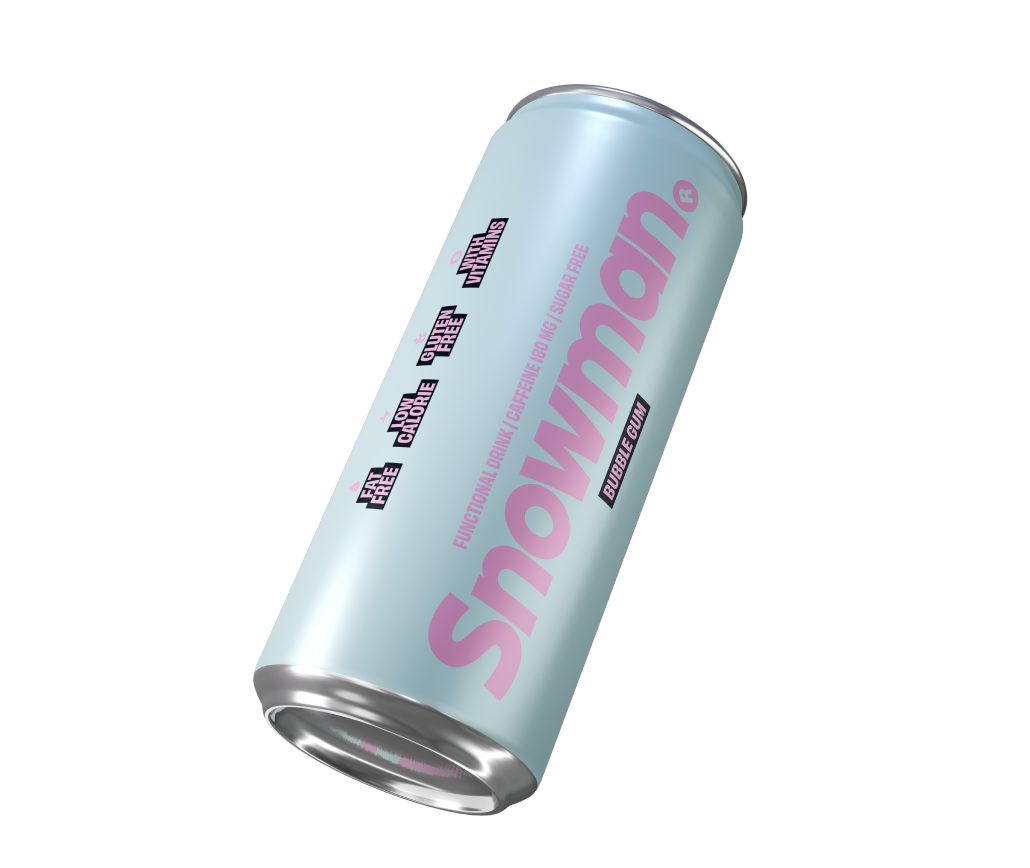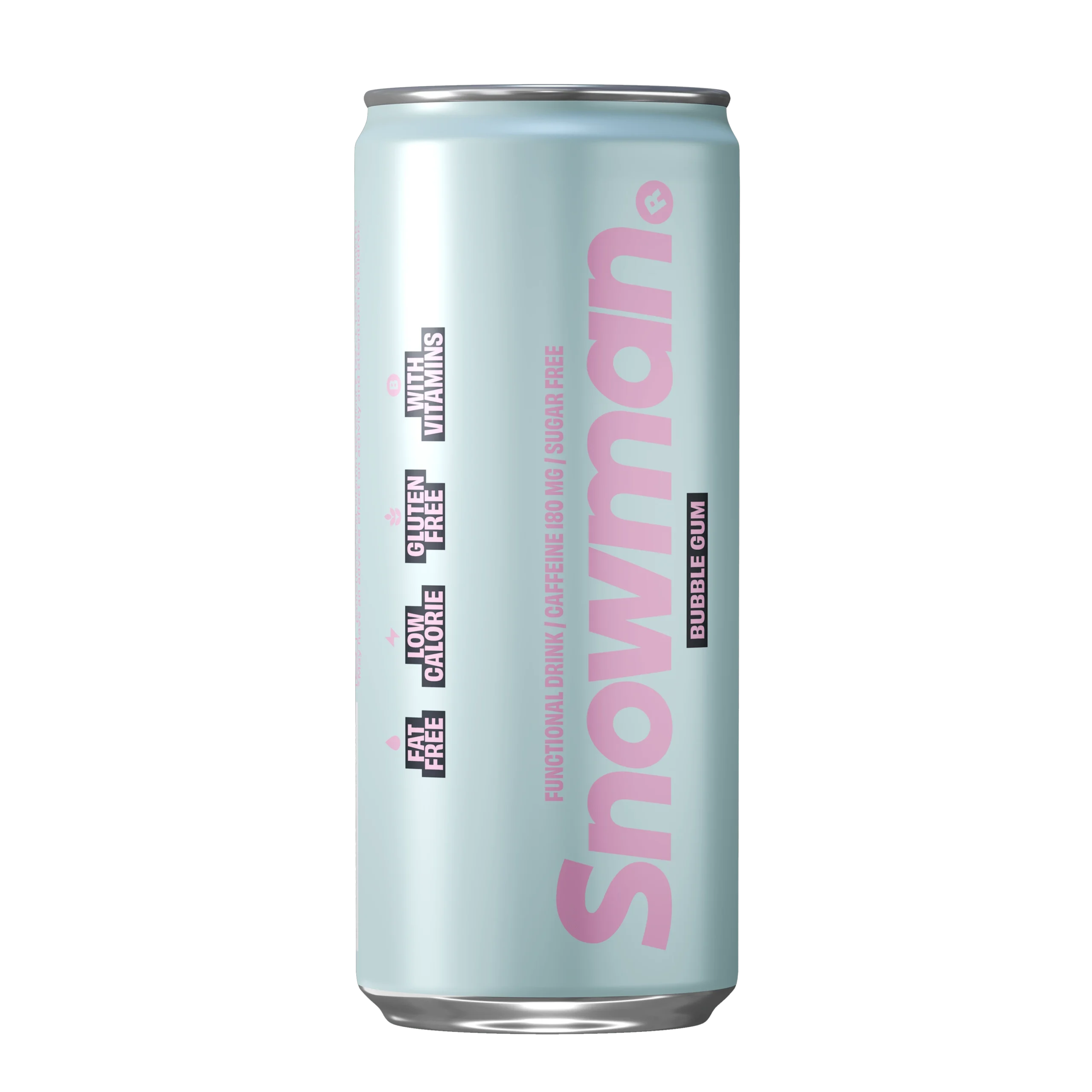
Feeling drained? You’re not alone. In 2025, daily fatigue is one of the most common complaints among adults. Between high workloads, digital overwhelm, and lack of sleep, many people are turning to energy boosting functional drinks for help.
But do they actually work? Or are they just another wellness trend with a fancy label? Let’s dive into the facts.
What Are Energy Boosting Functional Drinks?
Energy boosting functional drinks are beverages specially formulated to support mental and physical energy, without relying solely on caffeine or sugar. These drinks combine natural stimulants, adaptogens, and vitamins to enhance alertness, endurance, and focus in a balanced way.
Unlike traditional energy drinks, they’re often:
- Low in sugar
- Free from artificial ingredients
- Infused with health-boosting herbs or nutrients
They’re not just about keeping you awake—they aim to support your body’s natural energy production over time.
Key Mechanisms: How Functional Drinks Enhance Energy
Energy functional drinks typically boost vitality in three key ways:
- Nervous System Stimulation: Through ingredients like caffeine or guarana, these drinks activate neurotransmitters like dopamine and norepinephrine for sharper mental focus.
- Adrenal Support: Adaptogens such as Rhodiola Rosea and ginseng help regulate the stress response and support hormonal balance.
- Cellular Energy Production: Nutrients like B-vitamins and amino acids feed mitochondria, your cells’ energy factories.
The result? A smoother, more sustainable energy lift with less crash and burn.
Top Ingredients in Energy Boosting Functional Drinks
Here’s what you’re likely to find in top-tier functional drinks:
| Ingredient | Primary Benefit |
|---|---|
| Natural Caffeine (green tea, yerba mate) | Sustained alertness without jitters |
| Rhodiola Rosea | Reduces mental fatigue and improves endurance |
| Panax Ginseng | Enhances stamina and physical resilience |
| Guarana | Long-lasting mental stimulation |
| B-Vitamins (B6, B12) | Supports energy metabolism and nerve health |
| L-Theanine | Smooths caffeine effects, reduces anxiety |
| Amino Acids (e.g., L-Carnitine) | Boosts cellular energy and fat metabolism |
These blends are often tailored to deliver both quick lift and long-term vitality.
Fast Energy vs Sustainable Vitality
Not all energy drinks are the same. Here’s the breakdown:
| Type | Effect | Best For |
|---|---|---|
| Quick-Boost Drinks | Rapid alertness from caffeine or guarana | Morning fatigue, mental focus |
| Sustained-Energy Drinks | Long-term stamina with adaptogens and B-vitamins | Afternoon slump, workout endurance |
| Balanced Drinks | Moderate caffeine with calming agents like L-theanine | All-day energy, no crash |
Functional drinks aim to balance speed and sustainability for a smarter energy approach.
Real Benefits of Energy-Boosting Functional Beverages
People choose functional drinks not just for energy, but for overall performance:
- Mental clarity without overstimulation
- Physical stamina for workouts or long shifts
- Mood elevation from adaptogens and nootropics
- Immune and adrenal support for long-term resilience
They’re especially popular among students, professionals, athletes, and busy parents.
Functional vs Conventional Energy Drinks: What’s the Difference?
| Feature | Functional Energy Drink | Conventional Energy Drink |
|---|---|---|
| Caffeine | 50–150 mg (moderate) | 200+ mg (often excessive) |
| Sugar | 0–5g (natural sweeteners) | 20–40g refined sugar |
| Additives | Clean-label, minimal | Artificial colors and preservatives |
| Ingredients | Adaptogens, B-vitamins, herbal extracts | High-stimulant, synthetic |
Functional options are designed to be cleaner, safer, and more sustainable energy solutions.
Leading Brands of Energy Functional Drinks (2025)
| Brand | Key Ingredients | Highlights |
|---|---|---|
| HOP WTR | Adaptogens + nootropics | Sparkling, non-caffeinated lift |
| Guayakí Yerba Mate | Yerba mate, polyphenols | Antioxidant-rich with steady energy |
| Proper Wild | Green tea caffeine, L-theanine | Focused alertness in a shot |
| HiBall Energy | Organic caffeine, B-vitamins | No sugar, smooth taste |
| Rebbl | Ashwagandha, maca, reishi | Whole-body vitality in a bottle |
Look for transparent labeling, clinically dosed ingredients, and minimal sugar for best results.
How and When to Use Energy Functional Drinks
Maximize benefits by drinking:
- In the morning: To kickstart your brain
- Pre-workout: For endurance and motivation
- Afternoon slump: As a clean pick-me-up
- Before meetings or tasks: For better focus
Avoid late-evening use to prevent sleep disruption.
Who Should and Shouldn’t Use These Drinks?
Best for:
- Adults needing mental or physical stamina
- Athletes seeking clean pre-workout boosts
- Busy professionals with demanding schedules
Not advised for:
- Children or teens
- Pregnant or breastfeeding women (unless approved by doctor)
- People with caffeine sensitivity, hypertension, or insomnia
Possible Side Effects and Risks
Even natural energy drinks can have downsides:
- Jitters or anxiety from too much caffeine
- Sleep disturbances if taken too late
- Overuse of adaptogens causing hormone disruption
- Stacking with other stimulants like coffee or pre-workouts
Always read the label, start small, and listen to your body.
How to Choose the Right Energy Functional Drink
Follow these tips:
- Check caffeine content (under 150 mg is ideal for most)
- Look for adaptogens or B-vitamins for long-lasting effects
- Avoid added sugars and artificial ingredients
- Match your drink to your specific need: mental, physical, or both
DIY Recipes for Natural Energy Drinks at Home
Matcha Energy Elixir
- 1 tsp matcha powder
- 1 tsp honey
- ½ tsp maca powder
- 1 cup almond milk (hot or cold)
Blend and sip for a calm yet focused lift.
Ginger-Ginseng Zinger
- 1 cup sparkling water
- 1 tsp ginseng extract
- ½ tsp grated ginger
- Juice of ½ lemon
Fresh, hydrating, and zingy.
FAQs: Energy Boosting Functional Drinks
1. Do they really work?
Yes—if they include clinically supported ingredients in proper doses.
2. Are they better than coffee?
They can be. Many offer smoother energy and extra benefits (like stress relief).
3. Can I drink more than one a day?
Depends on the caffeine and ingredient profile. Don’t exceed 400mg caffeine daily.
4. Are they safe for teenagers?
Not recommended without medical guidance due to developing systems.
5. Do they help with workouts?
Yes—many improve endurance, focus, and recovery.
6. What’s the best low-caffeine option?
Look for yerba mate, matcha, or adaptogen-only drinks.
Conclusion: Are Functional Drinks a Smart Energy Strategy?
Yes, when chosen wisely, energy boosting functional drinks can be a safe, effective, and enjoyable way to fight fatigue and fuel performance. Unlike traditional energy drinks, they’re designed with your whole health in mind—supporting both immediate needs and long-term well-being.
Focus on clean ingredients, moderate stimulation, and consistency—and you’ll find yourself energized in the smartest way possible.
